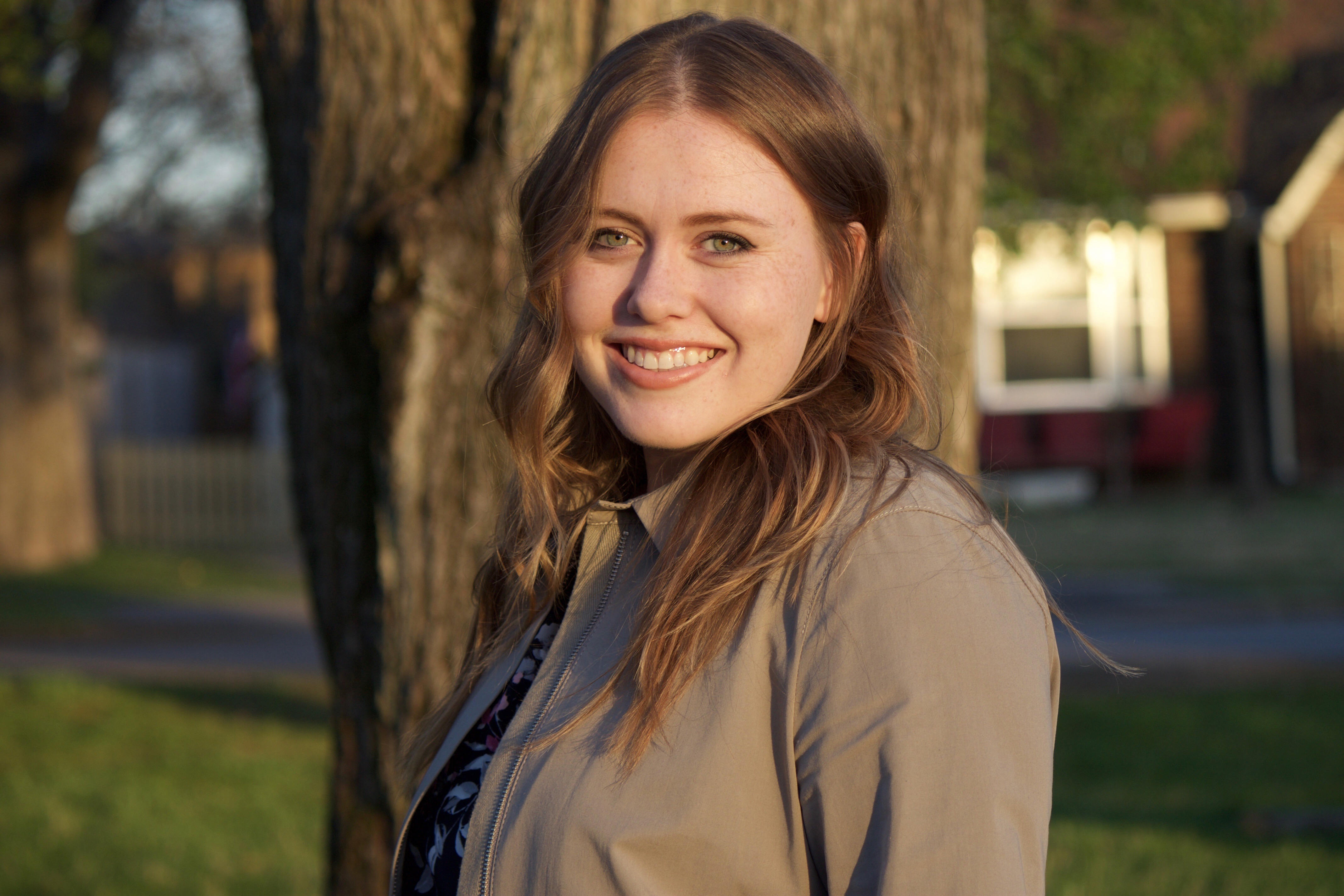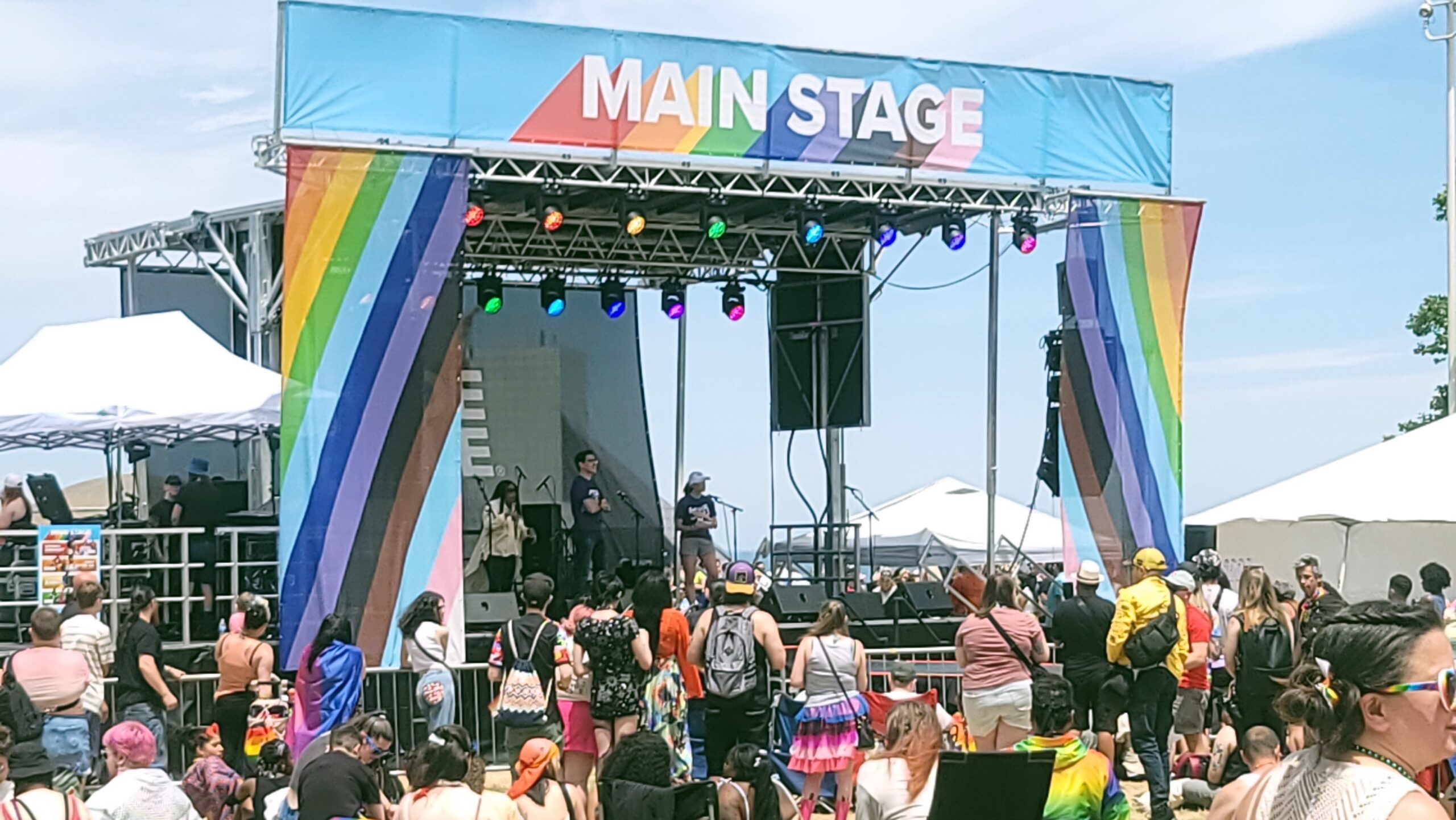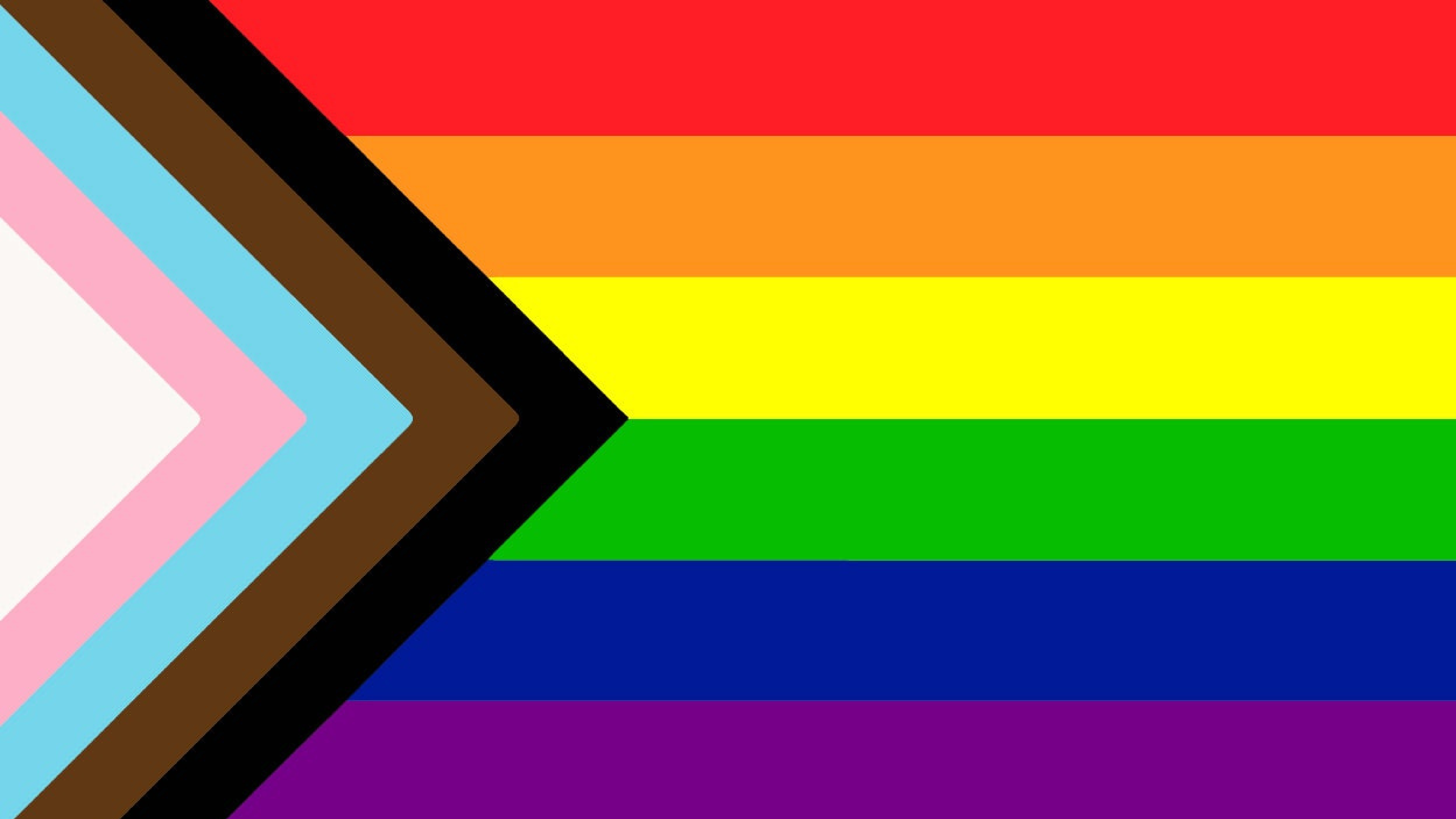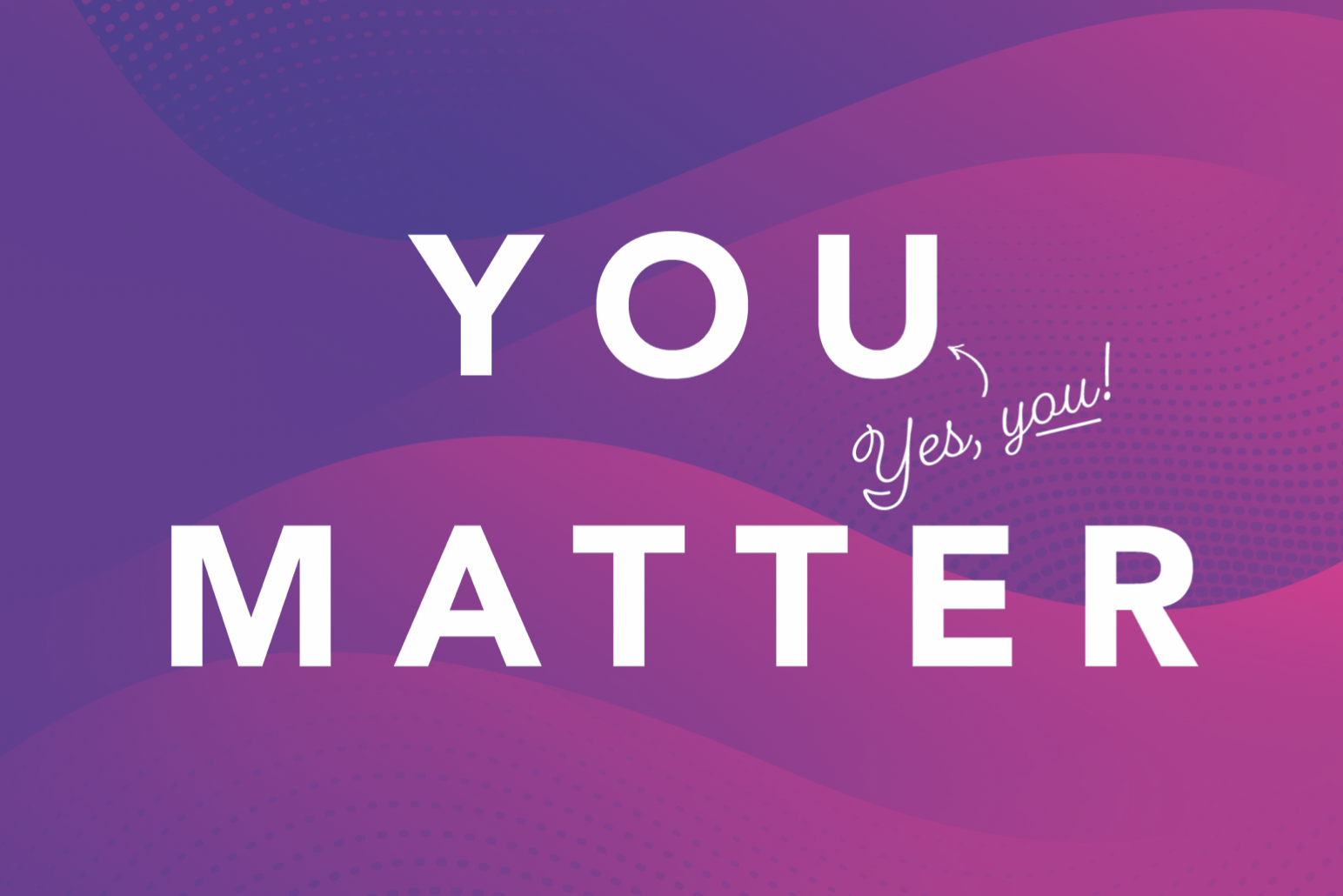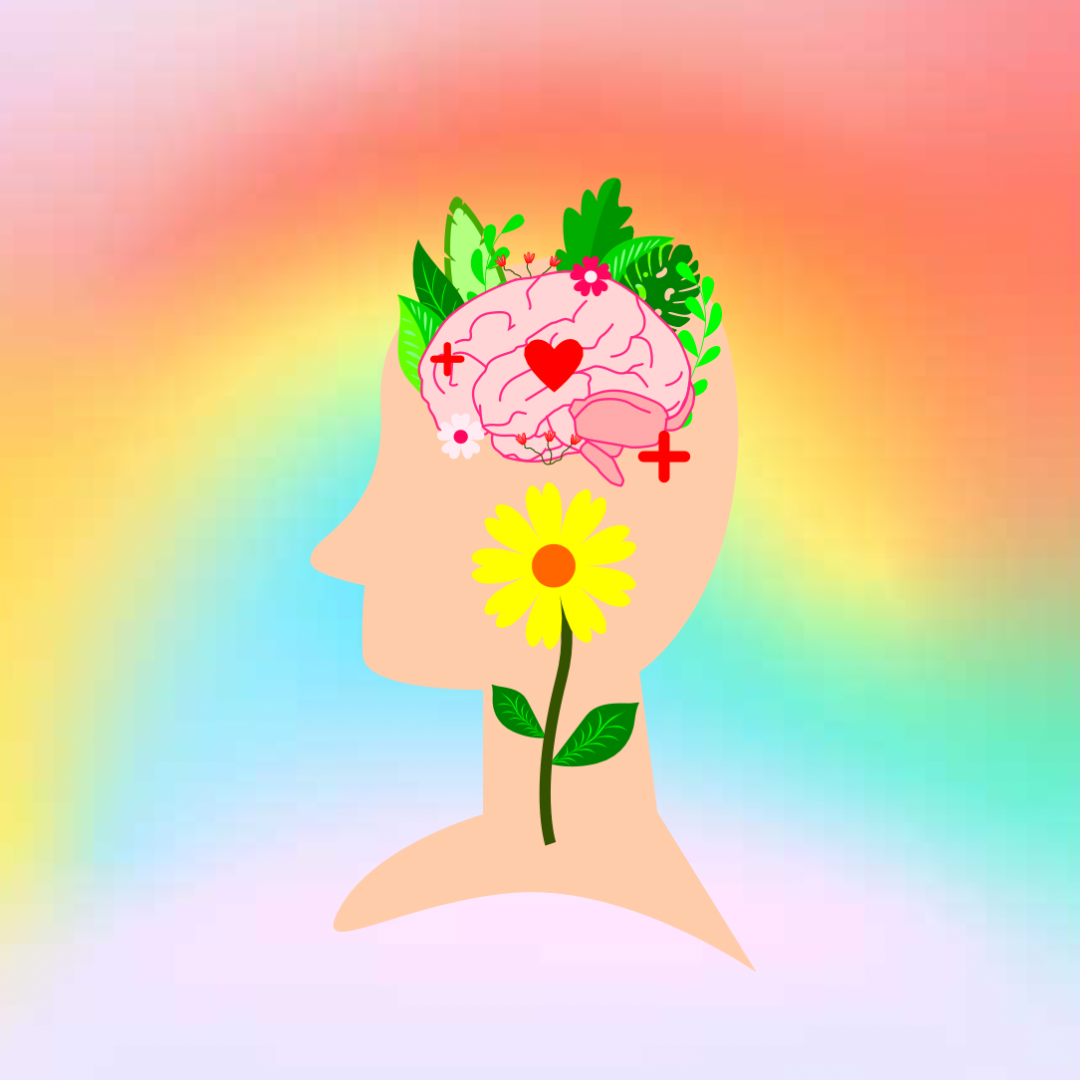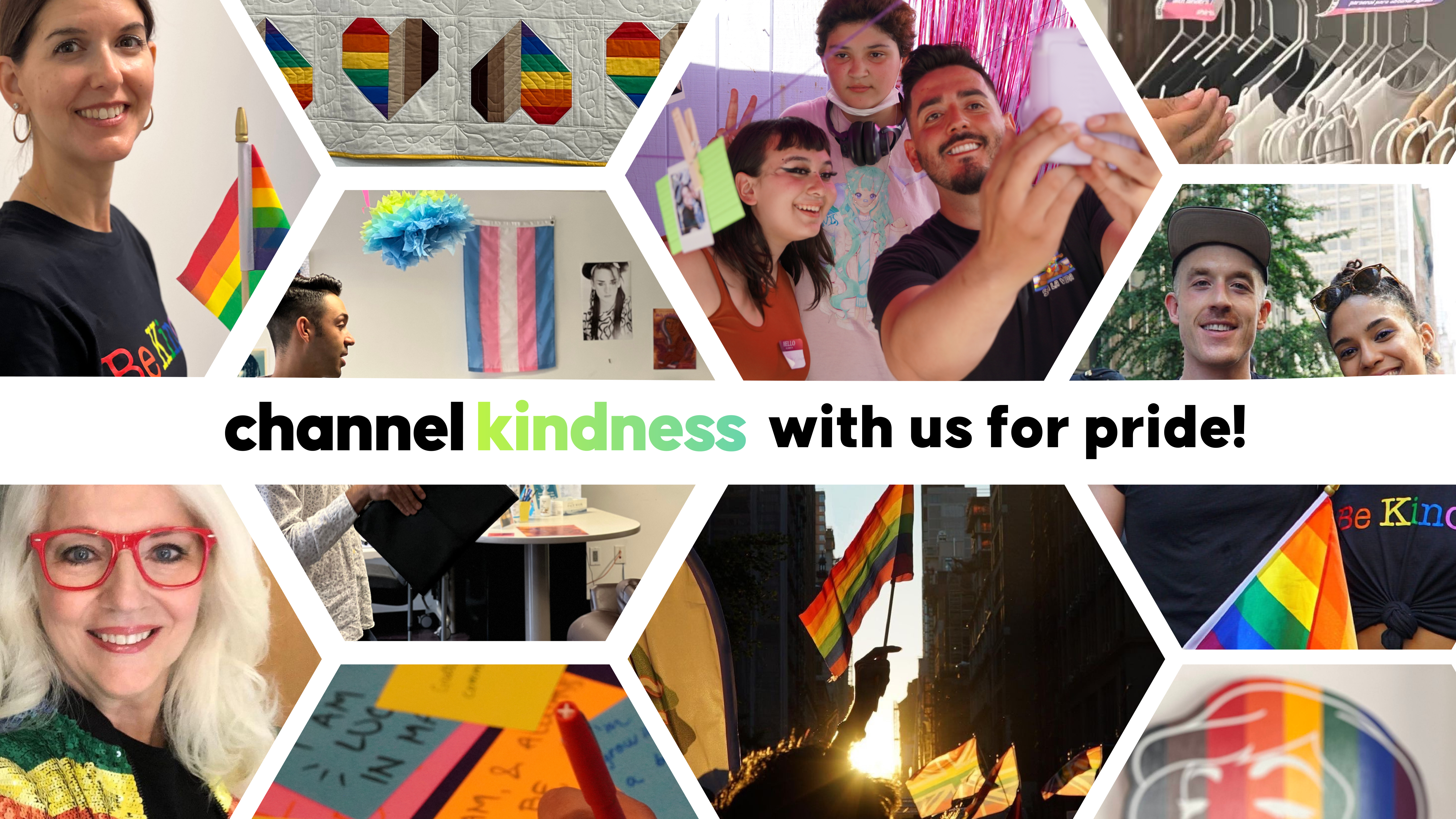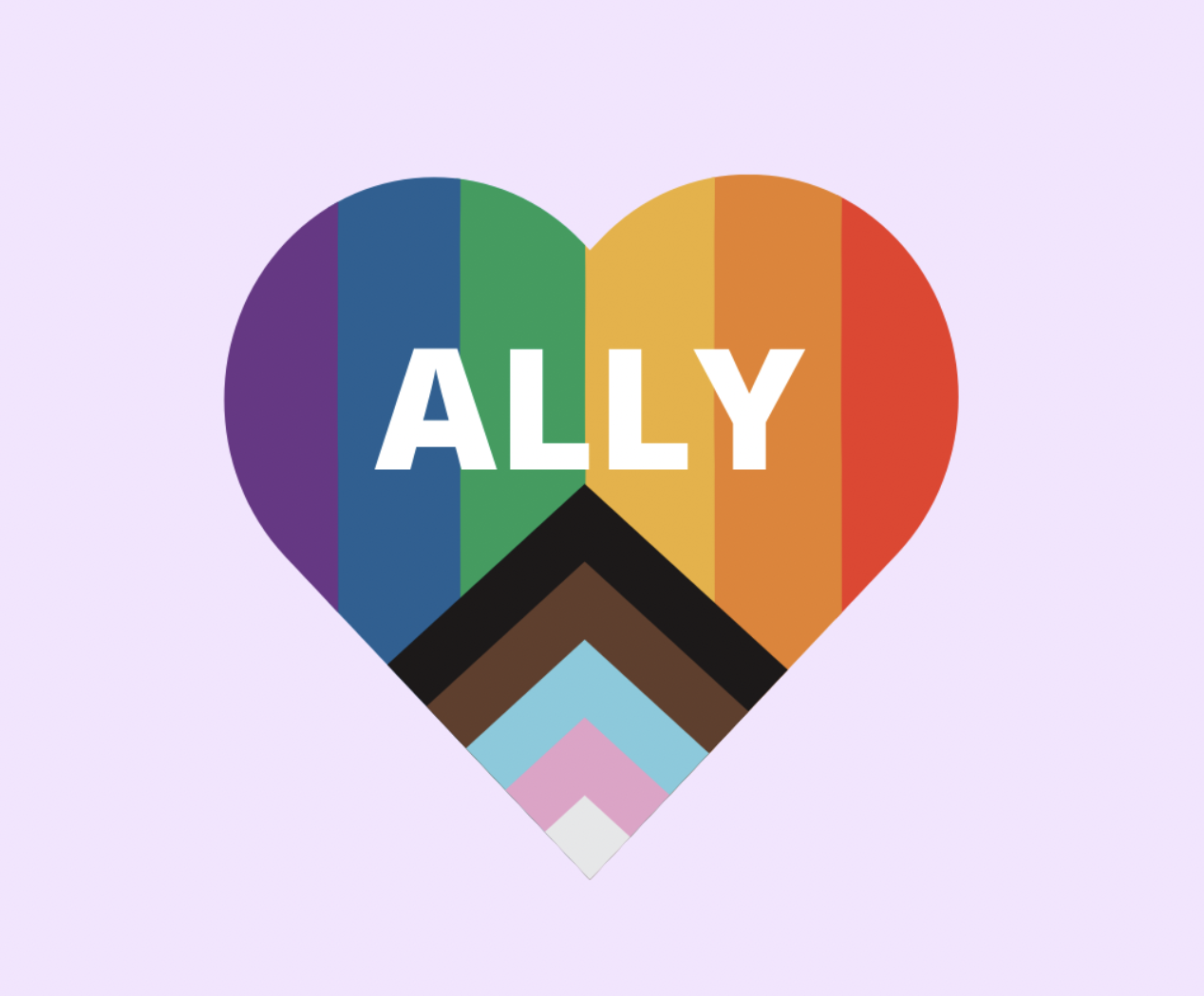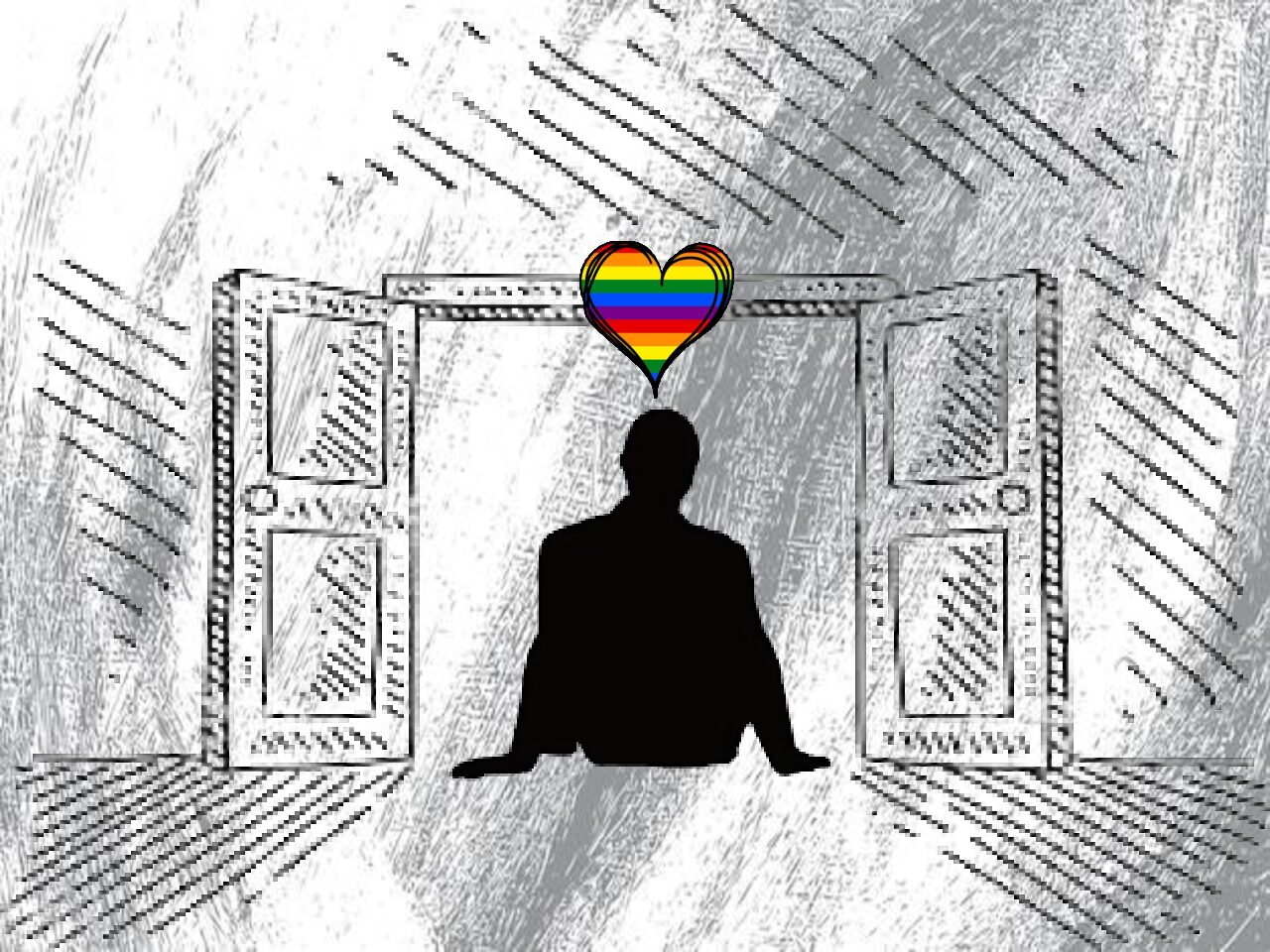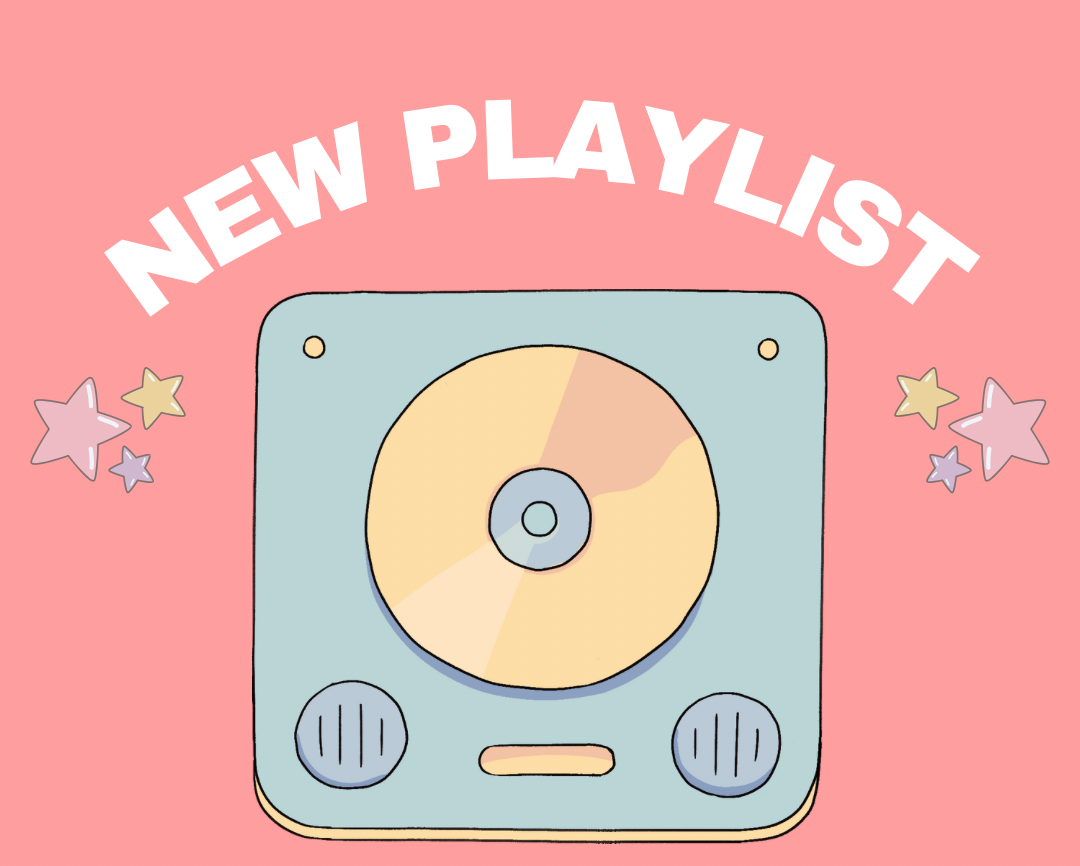Visiting the doctor is stress-inducing for most people, and for those whose gender identity doesn’t conform to traditional or societal norms, this stress is far too often compounded by mistreatment and discrimination. Vanderbilt University Medical Center’s Trans Buddy Program has created a new way for volunteers to fight for trans people, through community, shared experience, and renewed hope. By providing patients with peer advocates called “buddies,” the Trans Buddy Program is making strides to improve healthcare experiences for the transgender and gender non-conforming community in Middle Tennessee.
On a national scale, the healthcare system seems to be failing transgender people. According to a 2015 survey by the National Center for Transgender Equality, over thirty percent of transgender persons reported at least one negative experience at the doctor – including refusal of treatment, verbal harassment, physical or sexual assault, or having to teach the provider about transgendered people in order to get appropriate care. These statistics reflect the need for a cultural shift towards acceptance and better-informed providers.
A study in the journal Transgender Health reports that transgender patients are delaying healthcare due to fear of experiencing stigma and discrimination, which makes them less likely to seek out any sort of care, potentially affecting their overall health and mental wellness. For patients at Vanderbilt University Medical Center, volunteer buddies have made the first big step in healing the system.
Trans Buddy was created at Vanderbilt University Medical Center’s Program for LGBTI Health and aims to increase access to care and improve patient outcomes. Since the program’s inception in 2015, twenty-two individuals have served Nashville’s community of transgender people by providing emotional support and guidance in navigating the healthcare system. The volunteers accompany patients through routine appointments, emergency care, and transition-related care visits. Additionally, the program has conducted over 300 trainings to educate Vanderbilt faculty and staff, creating a better-informed healthcare team for the LBGTI community in Nashville.
To learn more about how the program is revolutionizing healthcare for trans persons at Vanderbilt, I spoke with Rj Robles, a graduate student at Vanderbilt Divinity School, who runs day-to-day operations for Trans Buddy. Rj’s preferred gender pronouns are they, them, and theirs.
What inspired you to be a part of the Trans Buddy Program?
“I initially became involved with Trans Buddy as a transgender volunteer. I am a community
organizer and trans activist. And I always find creative ways of giving back and/or fighting for
the community. After volunteering for a few months, what really drew me in was the ways in
which this program was really making an impact on the lives of trans people in Nashville. This
program is one of a kind, and in fact the first trans health advocate program like this in the
South.”
Was there a time when you felt like you really made an impact in a person’s life?
“There was a time when I was called into see a transgender youth on the Adolescent Unit at
Vanderbilt Psychiatric Hospital. During my visit with this young person, there was a moment
during the discussion that truly transformed the life of this young person as well as mine. In this
crucial role of advocacy, providing access to resources, and providing emotional support, I
quickly learned from the patient that I was the first transgender person they had ever knowingly
met. This young person was struggling with depression and what they needed in that moment was to see themselves reflected in someone else. They needed community. They needed to know that they weren’t alone and that trans people exist, have survived, and can thrive in this world. This was a life altering moment for me because I realized just how important this work was and also just how important it also is for me to stay alive in what can be a very cruel world at times.”
What are your hopes for the future of Trans Buddy?
“My hopes for the future of Trans Buddy are to see the program be able to expand its outreach, to provide trans buddies to all transgender patients seeking care for any healthcare reason, and to continue to drastically improve the relationship between medical providers/professionals and transgender people. It is so important for the healthcare system to catch up and be on the side of the most marginalized and vulnerable in our society. It is time for the healthcare system to become a part of the solution and not be a part of the problem. My vision is for Trans Buddy to continue to change the ways in which the medical industrial complex interacts with trans bodies so that we can seek refuge, safety, and adequate care of all types.”
The program is a finalist for Hands On Nashville’s 2017 Mary Catherine Strobel Volunteer Awards in the Civic Volunteer Group.
Many youth who struggle with their gender identity need validation from their support systems. Be an ally and provide comfort for those around you who may be struggling. Ask your peer or family members how they would like to be supported. Use the buddy system. Remember to take a moment to ask another person their preferred name and pronouns in order to show respect for their unique identity.
To report discrimination:
You may reach your local Office of Civil Rights in the U.S. Department of Education enforcement office at https://wdcrobcolp01.ed.gov/CFAPPS/OCR/contactus.cfm.
For crisis support, call or visit:
The Trevor Project’s 24/7 Lifeline at 866-4- U-TREVOR (866-488- 7386) or use Trevor Chat, the Trevor Project’s online messaging service
The National Suicide Prevention Lifeline at 800-273-TALK (8255)
Trans Lifeline at 877-565- 8860
Thanks to the Trans Buddy Program’s on-call rotations, buddies may be reached by phone 24/7,
every day of the year at (615) 326-5185. For general inquiries, email
[email protected]




